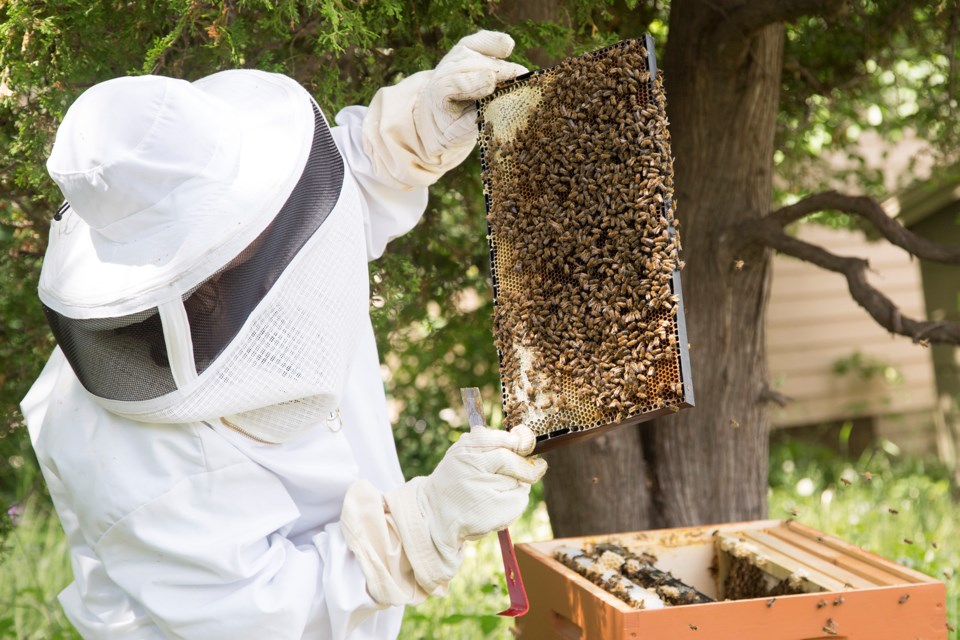NEWS RELEASE
MINISTRY OF AGRICULTURE, FOOD AND RURAL AFFAIRS
*************************
Ontario is seeking public feedback on a draft action plan to improve pollinator health and reduce pollinator losses.
Pollinators, including honey bees, are essential to Ontario's agricultural sector and contribute approximately $992 million worth of economic activity annually to the economy.
The province became the first jurisdiction in North America to protect bees and other pollinators through new rules introduced on July 1, 2015, to reduce the number of acres planted with neonicotinoid-treated corn and soybean seeds by 80 percent by 2017.
Now, Ontario is looking for the public's feedback on a proposed plan to improve pollinator health that will address:
- Habitat and nutrition
- Diseases, pests and genetics
- Climate change and weather
- Pesticide exposure.
The proposed plan will be posted on the Environmental Registry until March 7, 2016.
Additionally, the public can also provide input on protecting pollinator health by completing a public survey.
Supporting pollinator health is part of the government's plan to build Ontario up and deliver on its number-one priority to grow the economy and create jobs.
The four-part plan includes investing in people's talents and skills, making the largest investment in public infrastructure in the province's history, creating a dynamic, supportive environment where business thrives and building a secure retirement savings plan.
"Pollinators are critical to Ontario’s agri-food sector and our society as a whole. While, Ontario farmers are working to protect pollinators through integrated pest management, the proposed Pollinator Health Action Plan will create more discussion and encourage greater cooperation to improve pollinator health in our province. It is important to recognize that we all have a role to play in protecting pollinator populations in this province," said Jeff Leal, Minister of Agriculture, Food and Rural Affairs.
"Much of the food we eat and the vibrancy of Ontario’s natural habitats depend on a healthy pollinator population. The decline of bees and other pollinators is a serious problem that requires immediate action to protect Ontario’s ecosystems. The draft Pollinator Health Action Plan builds on action the province has already taken to improve pollinator health through a new pesticide regulation that reduces the use of neonicotinoid insecticide. We encourage urban and agricultural communities, environmental groups, municipalities and interested organizations to provide feedback on Ontario’s action plan," said Glen Murray, Minister of the Environment and Climate Change.
Quick facts
- Ontario is home to more than 400 bee species, which are the most common pollinators.
- Honey bees and some bumble bees are bred specifically for pollinating plants for food. A foraging honey bee will travel up to 3 km from the colony (and up to 10 km if food is scarce).
- The province recently introduced a new Bee Mortality Production Insurance plan under the Agricultural Products Insurance Act to promote best management practices and allow farmers to manage their risk more effectively.
Additional resources
*************************
